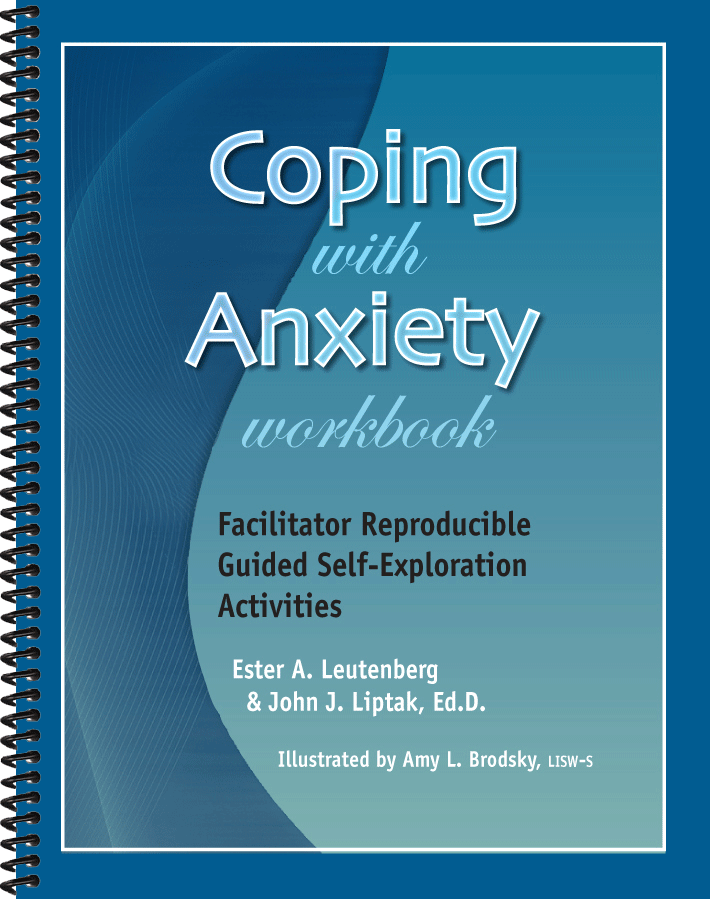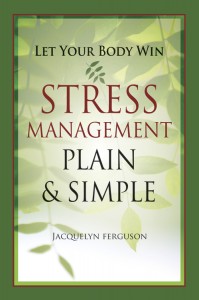 Might your moodiness be clinical depression?
Might your moodiness be clinical depression?
Everyone feels “blue” at times but clinical depression runs more deeply. A diagnosis of depression requires the presence of one of two features for most of the day, nearly every day for two-weeks:
· Depressed mood;
· Loss of interest or pleasure in activities;
Symptoms include:
· Change in appetite and weight: You seldom feel hungry and may forget to eat. You have to force yourself to eat even a few bites. Preparing meals requires too much energy. Significant weight loss may occur.
· Or an increase in appetite and weight gain; craving certain foods such as sweets or carbohydrates;
· Trouble sleeping;
· Or sleeping too much;
· Overly agitated – difficulty sitting still, pacing and fidgeting;
· Slowed down – sluggish movements, slumped while sitting, avert your eyes, speak slowly and sparsely in a monotone with low volume, pausing before responding to questions, slower thinking ;
· Decreased energy, feeling tired and fatigued: Simple day-to-day tasks seem overwhelming. You may tire quickly in everything you do. Your work at home and at the office suffers.
· Feeling worthless or guilty: You focus on past failures, personalize trivial events, see minor mistakes as proof that you’re inadequate. You blame yourself for all that goes wrong. You hate yourself and think you’re a bad person.
· Thinking problems: Negative and pessimistic thoughts increase your belief that nothing can get better; trouble with thinking, concentrating or making decisions especially if your work is mentally challenging
· Feeling sad, depressed, blue, empty, hopeless, helpless;
Hopelessness is having a negative view of your future; an assumption that pain and unhappiness will continue. You’re quite sure your life won’t get better.
Helplessness is a negative view of yourself; you lack self-confidence and believe it’s not possible to feel better. “What’s the use?” sums it up. Strong feelings of helplessness can lead to thoughts of suicide. If you contemplate suicide you should consult a professional immediately. Symptoms include:
· Often on the edge of crying;
· Depressed appearance (facial expressions, disposition);
· Overly irritable;
· Physical problems, especially chronic headaches, stomachaches, joint and back pain, indigestion, constipation, irritable bowel syndrome;
The second feature of depression is a significant loss of interest or pleasure in most activities nearly every day for at least two-weeks. “I just don’t care anymore,” explains your feelings toward things you once enjoyed. Your detachment is noticeable to your friends and family, too.
If you’re depressed, consider what I wrote last week: depressive symptoms may be a normal response to what’s wrong in your life and may facilitate you focusing like a laser beam on solving it.
And get professional help (next week’s topic). With today’s treatments there’s simply no reason to go through life assuming it can be no better. Your depression may improve with no treatment, and it may return. The degree of hopelessness and helplessness determines whether or not you seek help. Sometimes it’s up to loved ones to get you the treatment you need and deserve.
Jacquelyn Ferguson, M. S., is an international speaker and a Stress and Wellness Coach. Order her book, Let Your Body Win: Stress Management Plain & Simple, at wholeperson.com.


 Maintaining healthy relationships requires contact skills which help you meet others and stay in touch. Expanding social skills isn’t easy for everyone. Some are shy and some are extroverted. Most of us are somewhere in between. For those who are shy, try to keep in mind that no one is born with contact skills; we learn them as we go.
Maintaining healthy relationships requires contact skills which help you meet others and stay in touch. Expanding social skills isn’t easy for everyone. Some are shy and some are extroverted. Most of us are somewhere in between. For those who are shy, try to keep in mind that no one is born with contact skills; we learn them as we go.